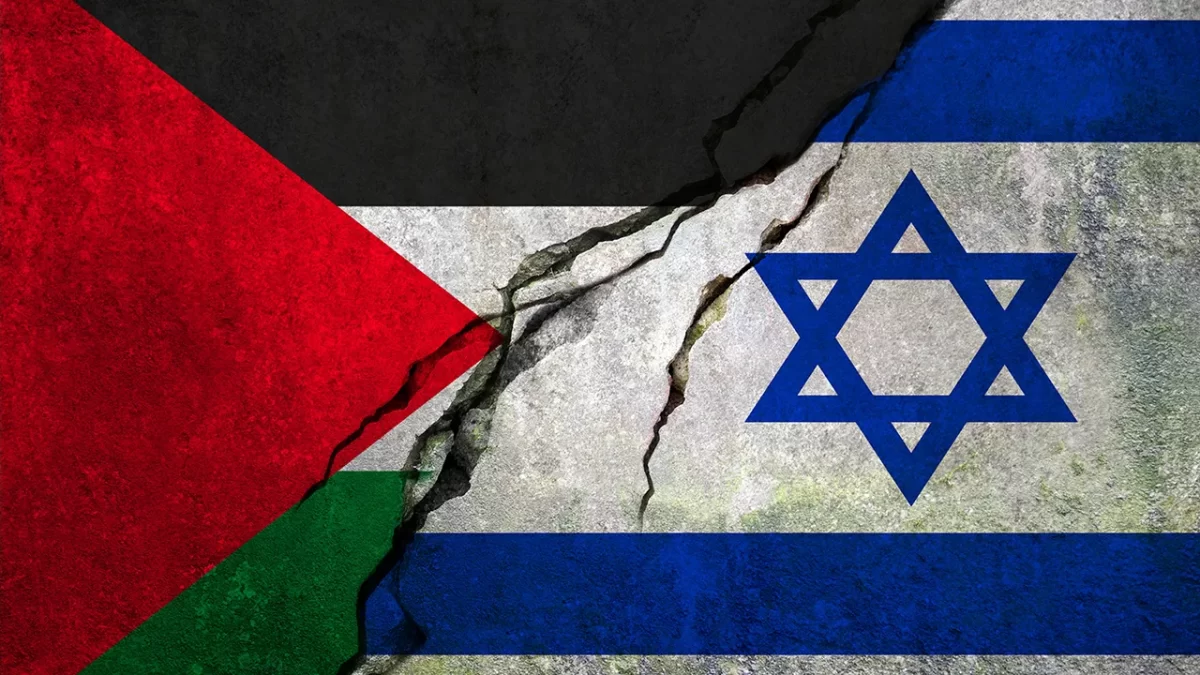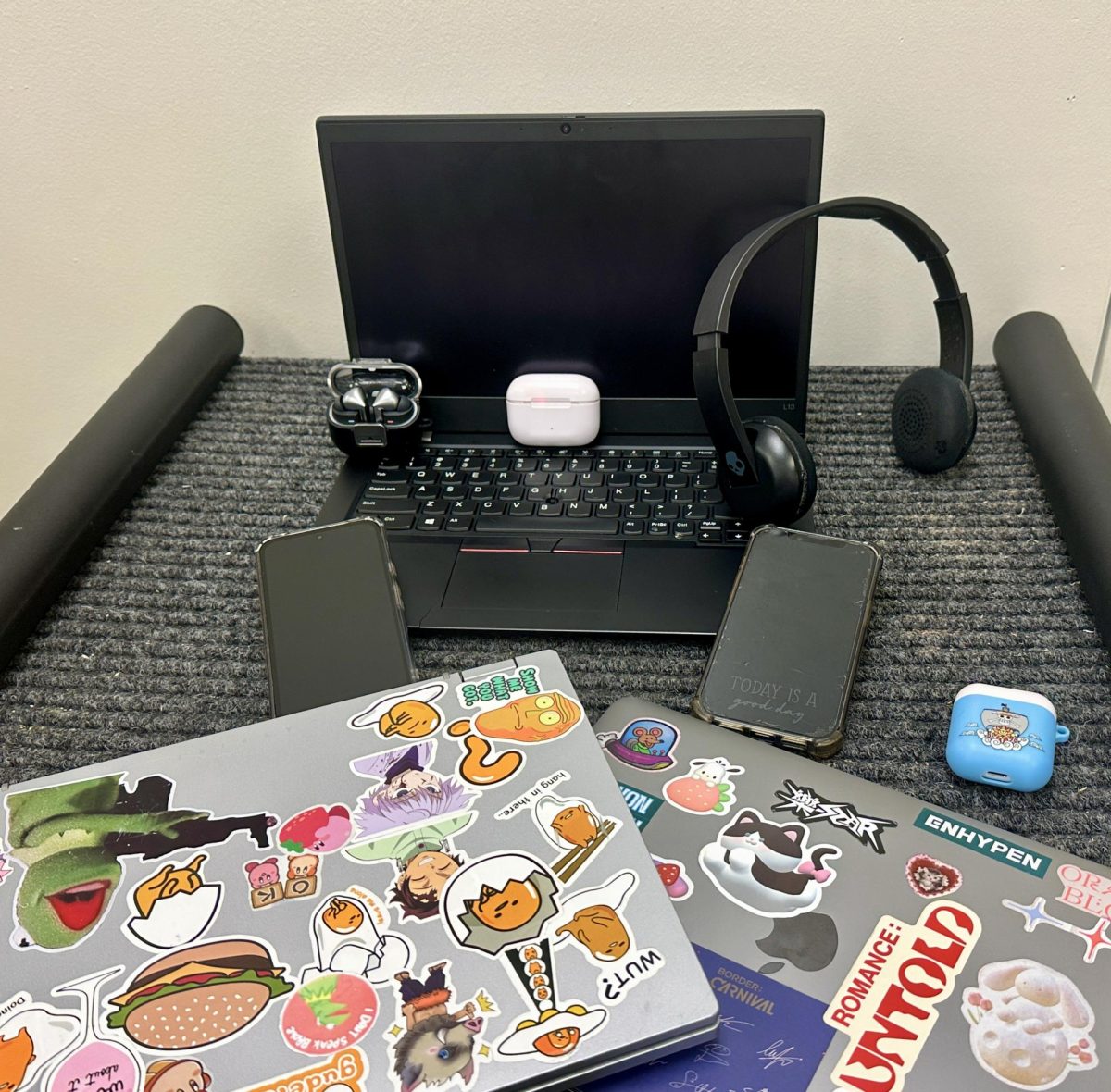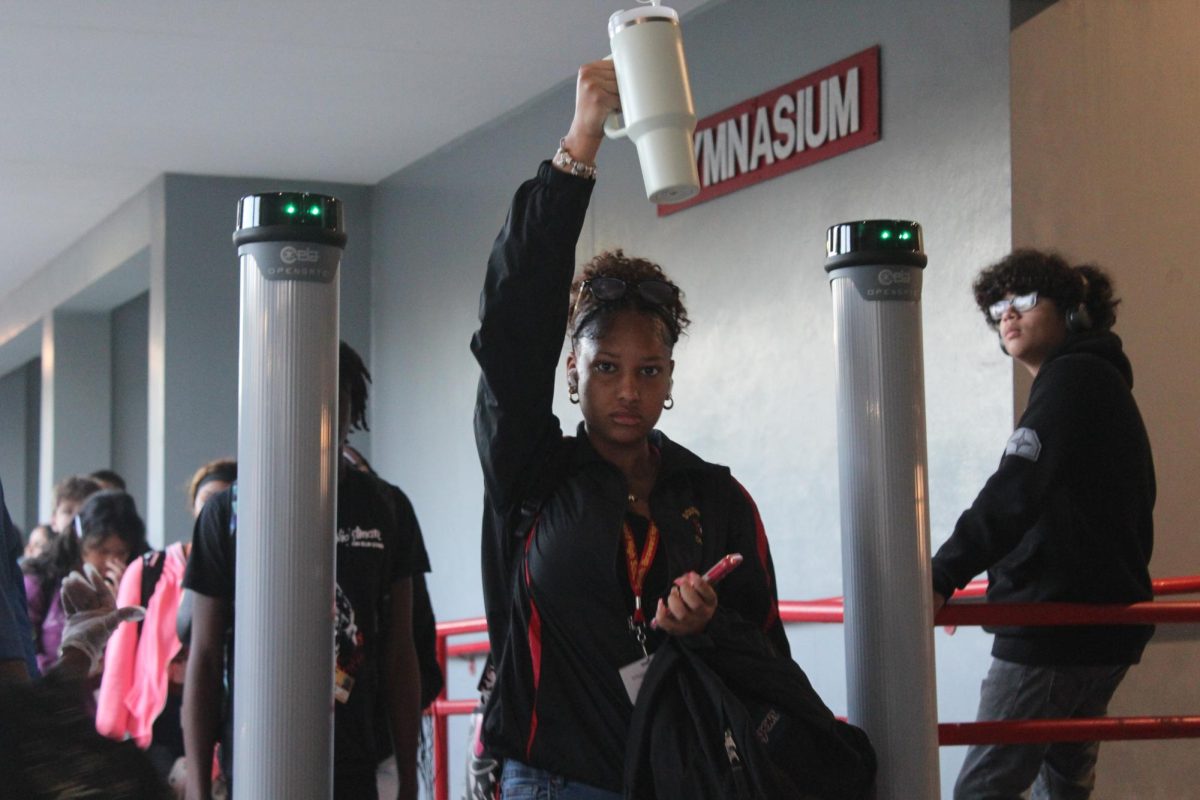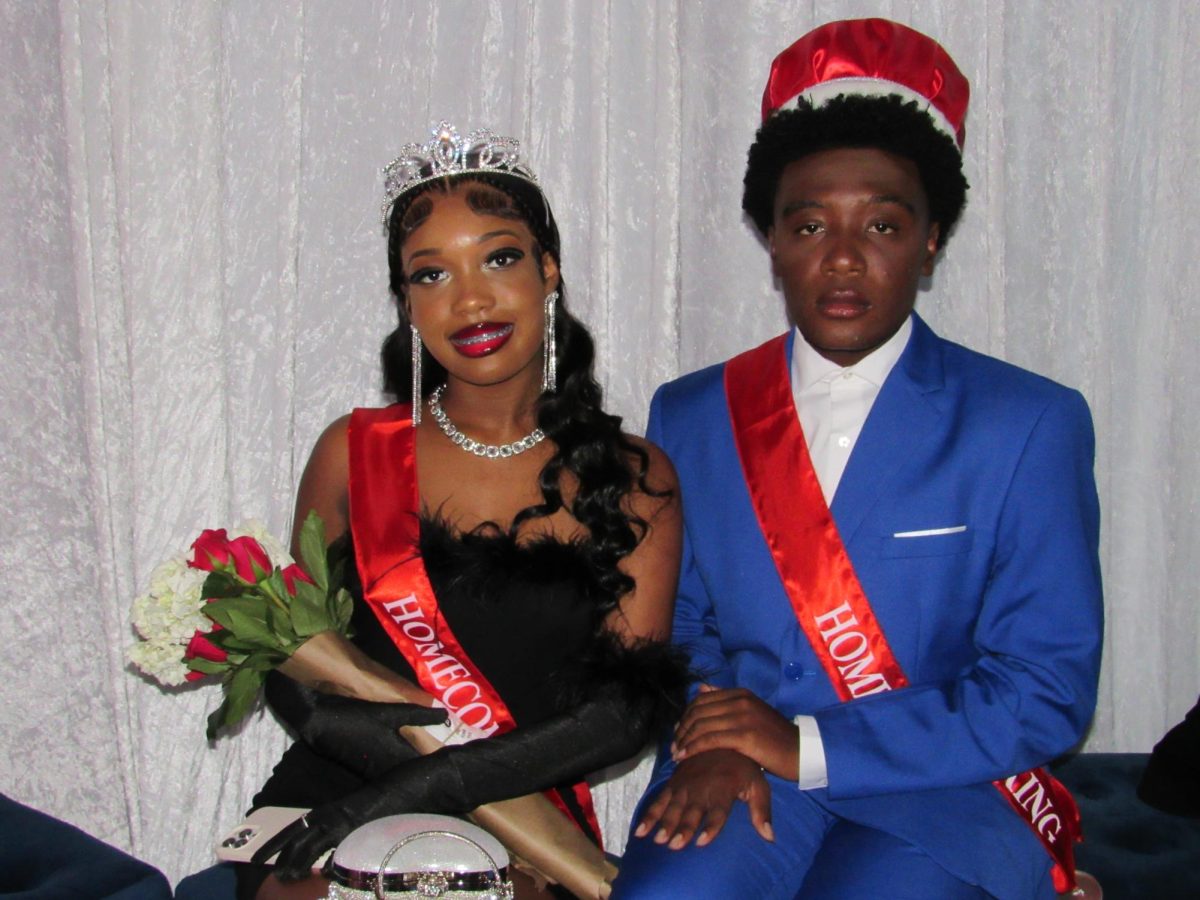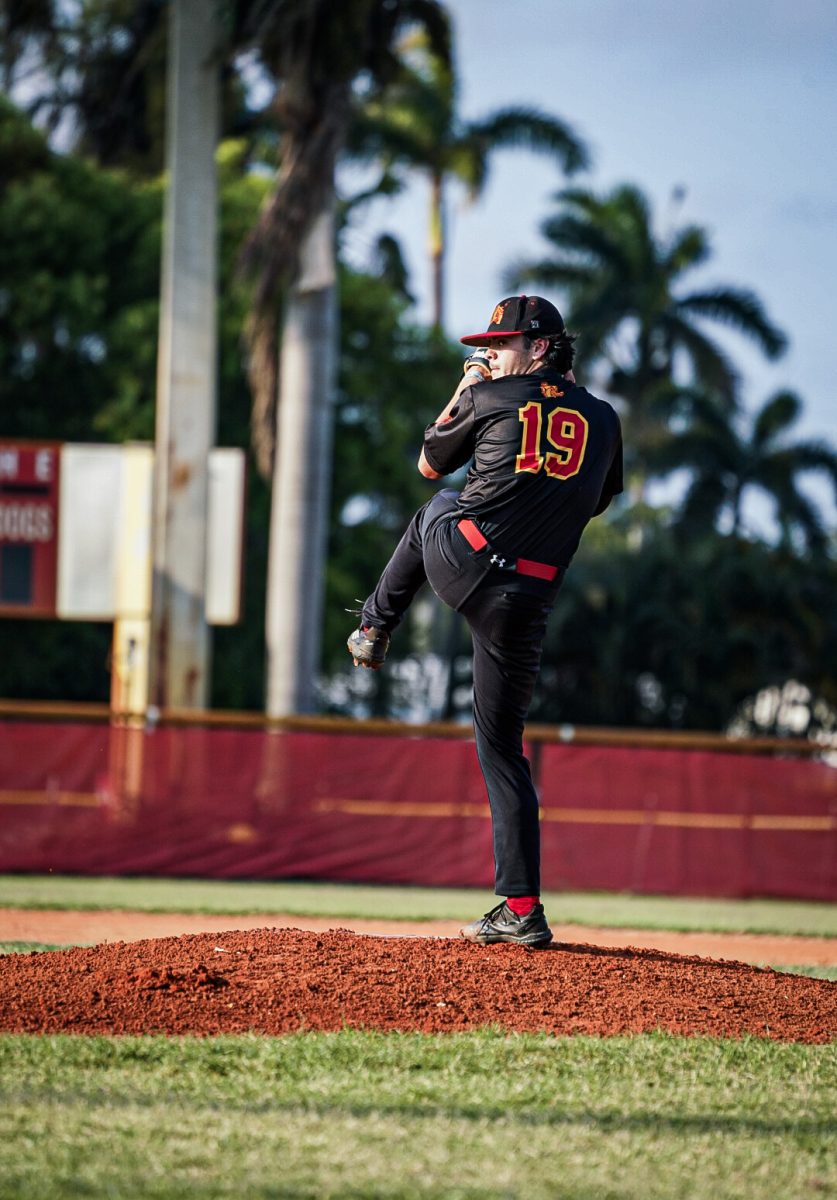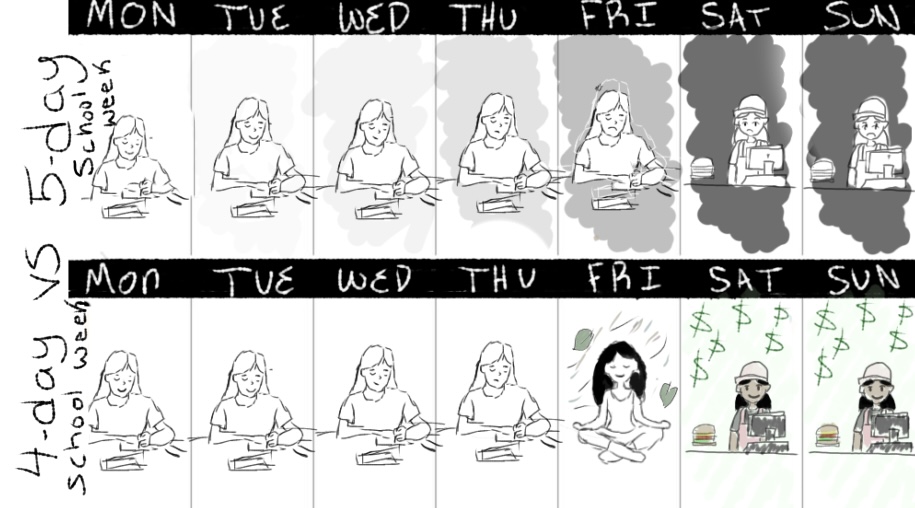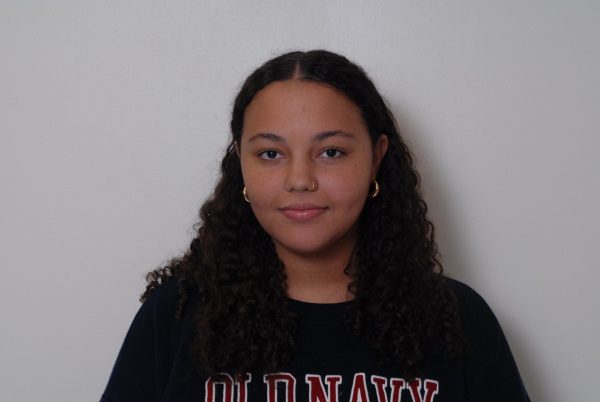On October 7, 2023, Hamas, a terrorist group and acting leaders of Palestine since 2007, launched an attack on peaceful Israeli citizens during the festival of Sukkot, a holiday where Jewish people renew their connection with divinity. According to The New York Times, 1,200 Israeli citizens were murdered, with thousands more injured. An estimated number of 240 hostages were taken by Hamas during the chaos. For those unfamiliar with the history of Israel and Palestine, this brutal attack may seem random and unprovoked. However, this event, the ones preceding it, and the ones following are actually a very polarizing topic worldwide, and South Broward is no exception. Some students, like sophomore Saarah Juman-Welch, feel that the history of Palestinian oppression is taking a back seat in the reaction to the attack.
“While I don’t agree with the violence inflicted upon innocent Israeli lives, It’s frustrating to see everyone acting like Palestine doesn’t have a reason to rebel against a system that has oppressed them for almost a century,” said Juman-Welch.
The Israeli-Palestinian conflict can be traced back as far as almost 76 years ago. In 1948, the United Nations adopted Resolution 181, which would divide the British Mandate of Palestine into Arab and Jewish states. As a result of Resolution 181, better known as the Partition Plan, Israel was created and the first Arab-Israeli War began over territory. Israel won this war, with 750,000 Palestinians being displaced from their homes and the territory was divided into three parts: “the State of Israel, the West Bank, and the Gaza Strip.”
“The Palestinian people have tried peaceful protests many different times, and the Israeli government only responded with more aggression,” said Juman-Welch.
In 2000, Palestinians did in fact hold a “peace process” in protest to Israel’s control of the West Bank, to which the Israeli government responded by building a barrier wall around the West Bank, despite the International Court of Justice disagreeing with this plan. Israel claims the wall was a necessary defense against Palestinian political violence, while many Palestinians, along with Juman-Welch, recognize it as racial segregation.
“Hamas’ attack was simply a response to over 75 years of ethnic cleansing inflicted on the Gaza strip and Palestine as a whole,” she said.
Juman-Welch has been very vocal in her support of Palestine and concern for her family that lives there.
“Even if I wasn’t Muslim, I would still be pro Palestine. It only takes a little bit of research to learn about the history between the two countries,” she said.
According to NPR, since the initial Hamas attack on October 7th, at least 19,000 people have died as a result of Israel’s “aggressive military campaign.” Prime Minister of Israel Benjamin Netanyahu declared war on October 8th to eliminate Hamas’ rule over the Gaza Strip and locate the hostages taken during Sukkot.
“You can’t even call it a war, the people of Gaza were never able to fight back, it’s just a genocide,” said Juman-Welch.
While her sentiments are shared among many, some students at South Broward are adamant that Israel has every right to their actions in the Gaza strip over the last 3 months. Ilan Tawil, a Jewish student at South Broward, believes Israel’s actions have solely been self defense.
“It’s not right to call it a genocide when Hamas attacked first,” he said, “they’re just taking the necessary steps to make sure it can’t happen again.”
According to the Harvard Crimson, Hamas’ and their supporters merely attacked because they were unwilling to tolerate “Jewish sovereignty.” The attack on October 7th marked the deadliest assault the country has suffered in generations, according to CNBC.
“It’s not Israel against Palestine, it’s Israel against Hamas,” said Tawil.
Israel has claimed their main goal is finding and securing the safety of the hostages taken by Hamas. Through Israel’s efforts, such as introducing temporary ceasefires, more than 100 hostages held in the Gaza Strip have been released safely back to their families.
“I just hope people realize that both sides are suffering from this war,” said Tawil.
In the present, the conflict between Israel and Gaza is persisting and there is no end in sight, to the disappointment of both Israeli and Palestinian supporters.


